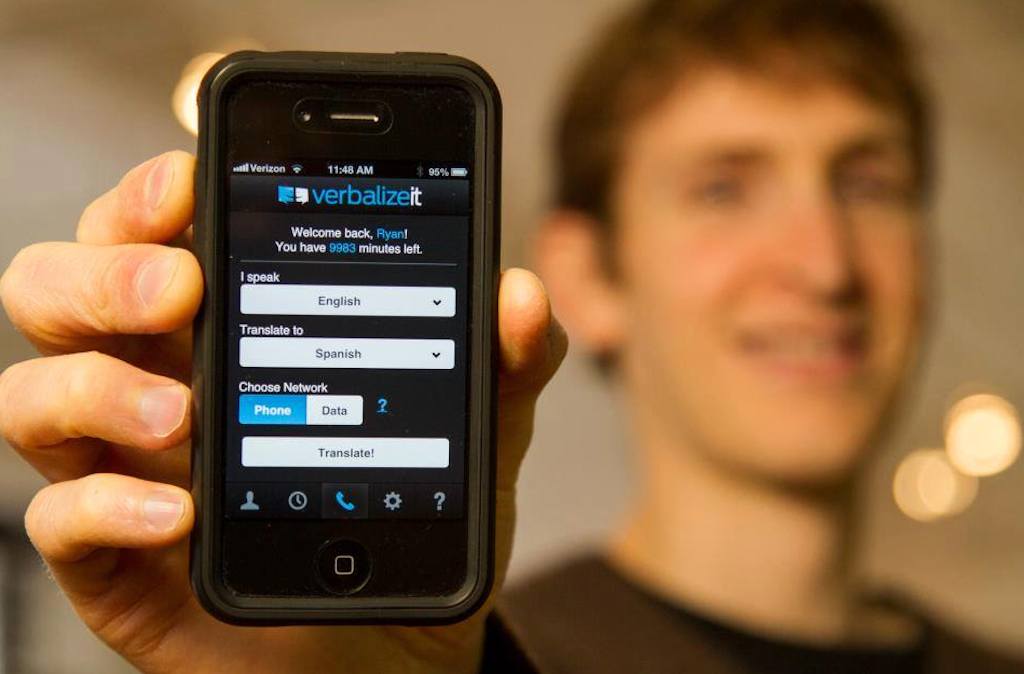Skift Take
If startups don't learn and adapt, they die. VerbalizeIt is trying to determine whether a business-to-business focus can translate into success.
VerbalizeIt, which picked up “startup of the year” honors at PhoCusWright’s 2013 Travel Innovation Summit, has de-emphasized its human-translation services for travelers after confronting a familiar problem — leisure travelers just don’t travel often enough to base a new business around.
Ryan Frankel, VerbalizeIt co-founder and CEO, says the startup launched a self-service business translation platform in the first quarter of 2014, and today 95% of its business is servicing other businesses with translation services for website localization, mobile apps and various kinds of documents.
‘We simply found that there was a much larger, more proven and higher growth opportunity with businesses than with consumers,” Frankel says. “The need for translation amongst businesses is more prevalent and consistent, whereas the average consumer only travels abroad every so often.”
“We also found that consumers mostly desire live interpretation, whereas businesses desire support across [a broader set of services including] website localization, document translation, mobile app translation and live interpretation,” Frankel says.
Tons of travel startups have flamed out when they realized that the one or two vacations that leisure travelers average annually just can’t support a fledgling business.
VerbalizeIt realized this and now is tapping into the B2B side of the translation-services business.
To be sure, website and mobile app localization was always part of the VerbalizeIt business plan, but at the Travel Innovation Summit, the use case that Frankel emphasized was a traveler at a pharmacy in China or in a taxi connecting with a VerbalizeIt contractor for language translation services at a dollar or two per minute.
VerbalizeIt, which raised $1.4 million in funding in October 2012, currently employs six people full-time, several part-timers, and fields a translator community of more than 19,000 people around the world, Frankel says.
VerbalizeIt’s business customers take in numerous industries, but in the travel sector clients include TripAdvisor, Preferred Hotel Group, TripCase and Travelport.
Are there lessons for other startups in VerbalizeIt’s pivot?
For one, it is very tough to build a business around infrequent business travelers, especially when there is little brand awareness or scale.
“Have a vision, but listen to those around you,” Frankel advises.
“We listened to our customers and invested heavily into research based upon market intelligence and customer feedback,” Frankel adds. “Doing so enabled us to expand and evolve our business to support businesses desiring to better reach and engage with the global customer.”
Here’s VerbalizeIt’s startup pitch from 2013:
VerbalizeIt’s Award-Winning PhoCusWright Presentation from VerbalizeIt on Vimeo.
The Daily Newsletter
Our daily coverage of the global travel industry. Written by editors and analysts from across Skift’s brands.
Have a confidential tip for Skift? Get in touch
Photo credit: VerbalizeIt is now focusing on servicing businesses with website, app and document translation services instead of travelers. VerbalizeIt
